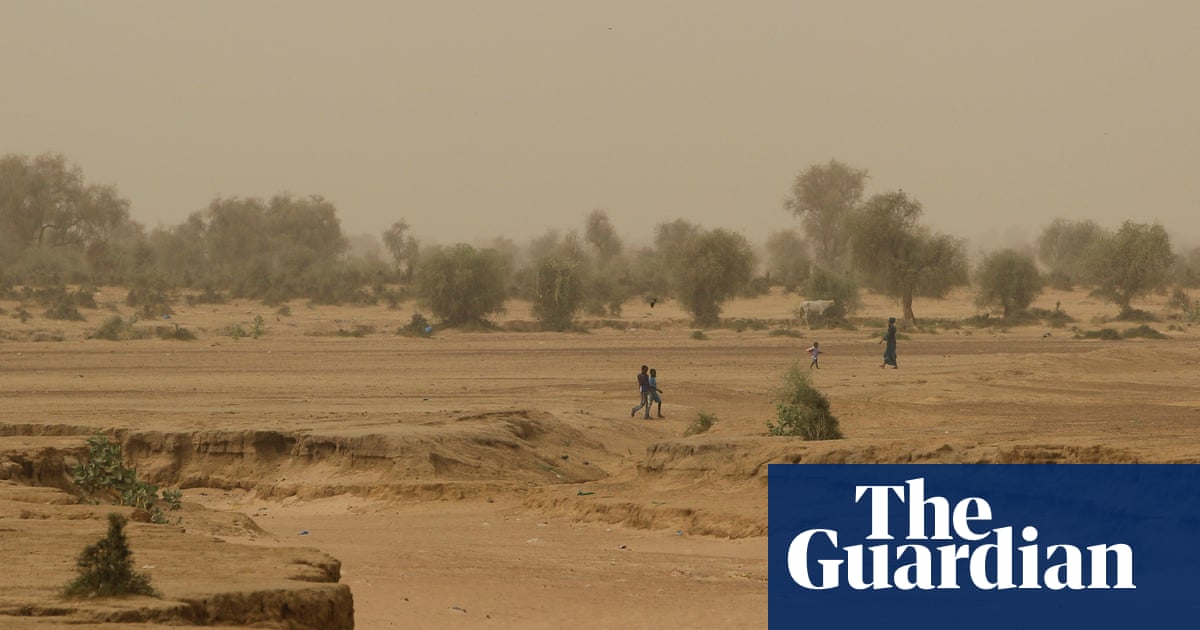
"Solar geoengineering could increase the ferocity of North Atlantic hurricanes, cause the Amazon rainforest to die back and cause drought in parts of Africa if deployed above only some parts of the planet by rogue actors, a report has warned. However, if technology to block the sun was used globally and in a coordinated way for a long period decades or even centuries there is strong evidence that it would lower the global temperature, the review from the UK's Royal Society concluded."
"The logistics of a large-scale geoengineering effort would be daunting, the experts said, but the cost would be small relative to climate action billions of dollars a year against trillions. The researchers emphasised that geoengineering only masked the symptoms of the climate crisis, and did not tackle the root cause the burning of fossil fuels. Geoengineering could only complement the cutting of emissions, not replace it, they said."
"This is not a question of whether [solar geoengineering] is safe, as it is clearly not without risks, said Prof Keith Shine, at the University of Reading, who led the report. However, there may come a point where those risks are seen to be less severe than the risks of insufficiently mitigated climate change. If policymakers did take the decision to deploy, a scientifically informed, globally coordinated and internationally agreed-upon strategy would be essential both to achieve global cooling"
Unilateral solar geoengineering deployment could increase North Atlantic hurricane ferocity, trigger Amazon rainforest dieback, and cause droughts in parts of Africa. Coordinated, global, long-term deployment can lower global temperatures. Logistics for large-scale deployment are daunting but costs would be small compared with broad climate action. Geoengineering masks climatic symptoms without addressing fossil fuel emissions and must complement, not replace, emissions reductions. Abrupt cessation after deployment with unchanged emissions would cause a termination shock of 1–2°C warming within decades, producing severe impacts on people and ecosystems. Global, scientifically informed coordination and international agreement are essential for deployment to avoid large regional harms.
Read at www.theguardian.com
Unable to calculate read time
Collection
[
|
...
]